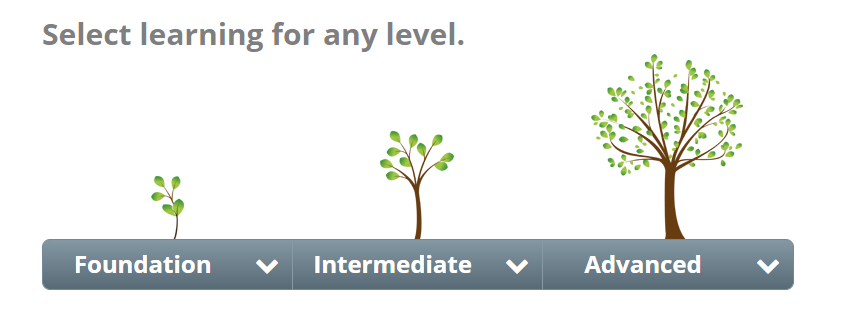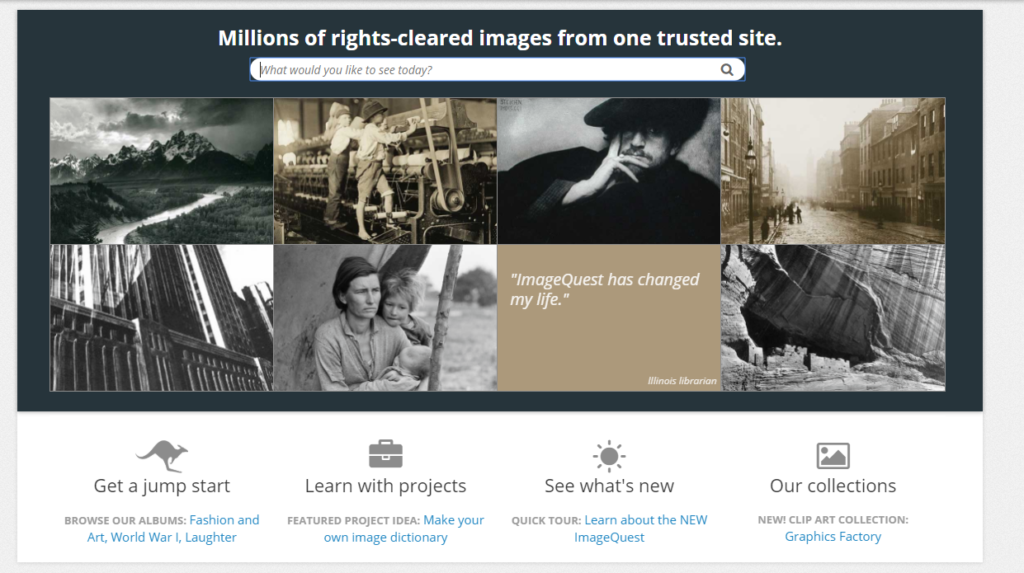The internet has become an important resource for children and young people wanting to supplement their learning with the sheer variety of interactive educational media available online.
However, we understand the importance that our foster carers place on knowing that the children in your care are using reliable sources of information and browsing safely.
This is why the National Fostering Group has invested in the Britannica Digital Learning platform to help support the numerous challenges that looked-after children and young people face when online.
Britannica School is a trusted and established online learning resource recommended by teachers and pupils alike. It’s closely aligned with the national curriculum and contains engaging information which is updated daily and presented though an enticing complement of audio, visual and image led media.
Once you have received your login details from your foster agency and signed in, you will be greeted with a choice of learning levels dependent upon the currently ability of the child or young person in your care.

Each level has its own designated homepage containing age-appropriate, interactive features and unique ways to explore the site.
From each of these homepages a child or young person will have access to a world of resources, ranging from the World Atlas and Compare Countries tools at Foundation level to research planning tools and revised articles at both Intermediate and Advanced levels.
The intuitive search results pages built into Britannica School again caters for multiple levels of literacy ability whilst simultaneously displaying age-appropriate visuals. All results are taken from a comprehensive list of approved content spanning images, journals and recommended websites.
The article pages themselves are geared towards supportive learning, including tabs at the top of the page to discover related media, as well as a ‘teacher’ tab which highlights where the article topic fits within the curriculum timeline. This can be useful for foster parents and looked-after children alike when working out how to supplement classroom learning.
There are also lots of helpful accessibility tools for the children and young people in your care who may be hard of hearing or have partial sight, with Google Translate, text-to-speech and scalable font-size tools built in.
Confidence building functionality can also be important for children that are struggling with their English language levels, with each article including a ‘double-click dictionary’ allowing them to click on any words they are unsure of to see a clear definition.
Comments from our current foster carers whose foster families are using the Britannica Digital Learning tools have been extremely positive:
“I have always found supporting with homework projects really difficult, as searching on the internet doesn’t guarantee you get the right information, but using Britannica has sorted this out in our house as we know it’s safe, it’s checked and it’s accurate. All my kids love it, including foster children and my birth children.”
“My 8-year-old came to us with significant gaps in learning as he’d not been in school regularly up to then. He had massive confidence issues and was really down about school, but Britannica has helped us to support him at home with learning and he loves it as the pictures are great and you can toggle the level of literacy to suit the child. Knowing that it’s totally safe and accurate means I don’t worry about what he might read online.”
Another key feature of the Britannica Digital Learning package that can really bring the homework of a looked-after child or young person in your care to life is the Britannica ImageQuest tool.
When searching the internet for supporting images for a history assignment around the Second World War, or a geography project requiring imagery of a particular city or country for example, it can be difficult for students to find the right imagery for their work.
Thankfully, using Britannica ImageQuest means they can browse through millions of photos that have been reviewed for relevance and appropriateness by Britannica editors. Children and young people are also more likely to find unique images that they can use in their homework, as many of these images are not freely available on the web; with trusted sources and captions guaranteeing the level of accuracy they need in order to showcase what they’ve learnt.
Comments from our current foster carers who have used the Britannica ImageQuest tool with their foster children and young people have said:
“We use Britannica ImageQuest regularly as I don’t need to worry about dodgy pictures coming up on google images for my children. Because they’re through Britannica, you also have the copyright to use them. Say goodbye to watermarked pictures from the internet!”
“The images you can get on Britannica Image Quest are usually better than anything you can get just by searching online. A fabulous resource.”

1. Keeping young people safe online
Innocent search terms can lead young people to biased views or misinformation, and their views can be shaped heavily by the things they see online. However, all of Britannica’s information is written and edited by subject specialists, which guarantees that the child or young person in your care is receiving the correct information from a trusted source.
Unlike a lot of the content you find online, the site is checked regularly to ensure the content is age-appropriate, up to date and educational. There are also no adverts or links to any unsafe websites, allowing young people to focus purely on their learning.
2. Helping young people progress in their education
The read-aloud function highlights sentences in yellow to encourage young people to read along as they listen, while more visual learners or reluctant readers are able to readily engage with videos, images, games and tools allowing young people to fully immerse themselves in the world around them.
3. Supporting the whole Foster Family
As foster carers, we understand that you have a huge task in making time for everyone in the household, particularly where there are a mixture of ages, abilities and interests. This is why Outcomes First Group encourages the entire foster family to make use of their access to Britannica, as it truly has something for everyone! With three different reading levels that range from primary to higher education, no one gets left behind.
For more information about Britannica School, download your Guided Tour inclusive of login details. You can also speak to a member of your local fostering agency team so that you can get started and explore the enticing world of Britannica School together!